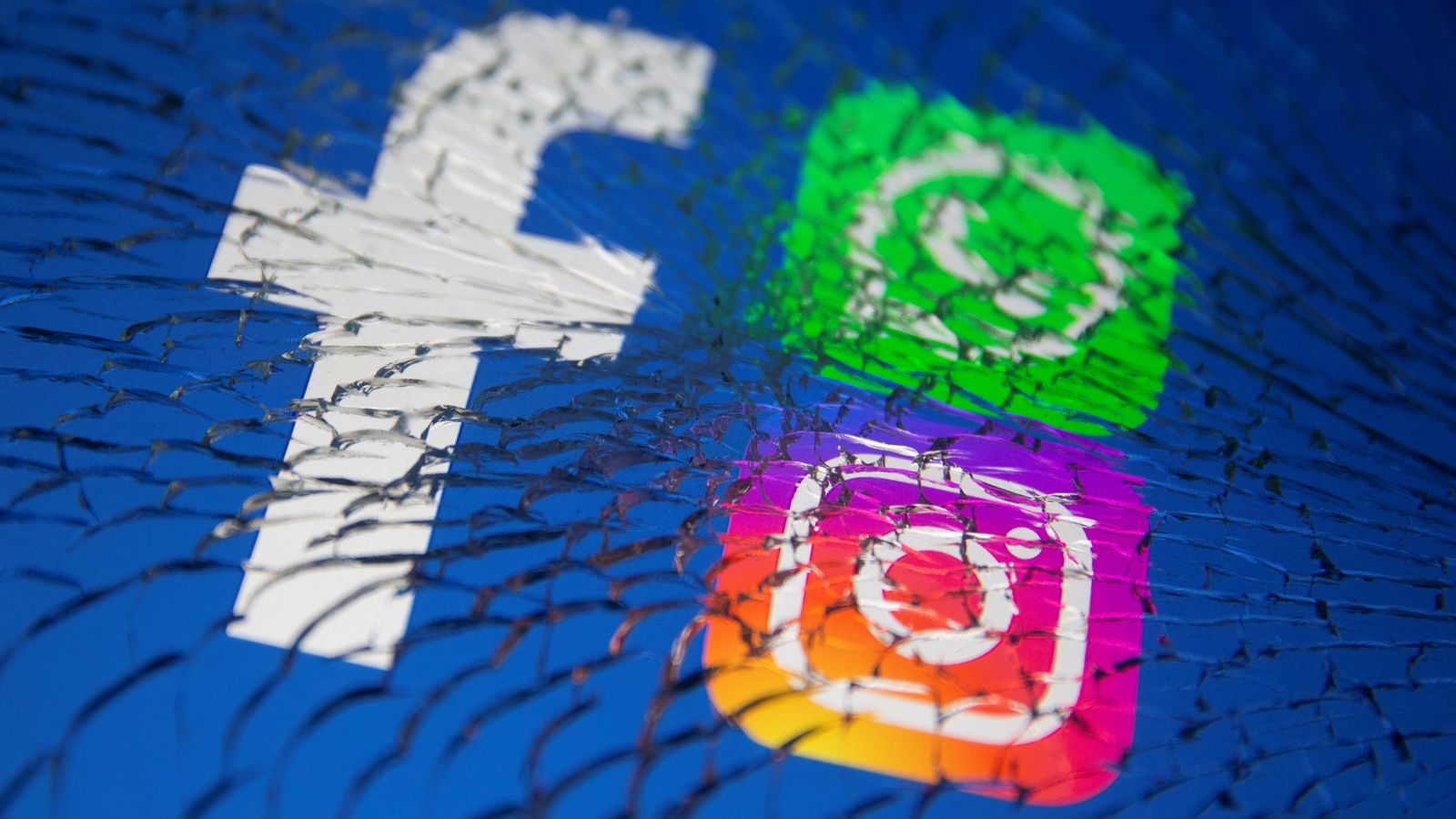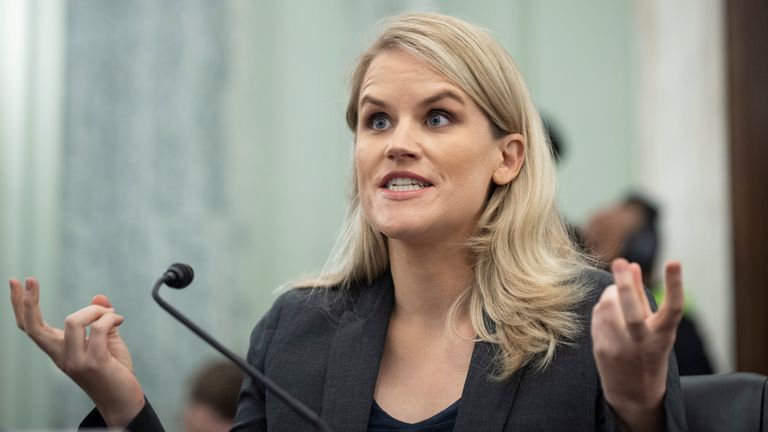Facebook is reportedly planning to rebrand the company within a week as it aims to stress different aspects of its business.
The announcement may be made at the Facebook Connect conference on 28 October or potentially even sooner, reported The Verge.
It comes as Mark Zuckerberg plans to stress that his company is focusing on building the metaverse, but also as the company deals with the fallout from a series of news reports and whistleblower complaints about how it handles user safety.
The rebrand comes just two years after the company launched a new logo for the company Facebook so it wasn’t confused with the platform Facebook, instead of changing the parent company’s name as Google did to Alphabet in 2015.
Mark Zuckerberg has increasingly spoken about the company becoming one that is increasingly seen as a “metaverse business”, and earlier this week the social media giant announced plans to hire 10,000 people across the EU to help build this idea out.
The Verge reported that the rebrand could help Facebook separate its social networking platforms (Facebook, Instagram, WhatsApp) from its metaverse work (smart glasses Ray-Ban Stories, VR-headset Oculus) amid the heavy scrutiny that the former businesses are currently under.
According to The Verge the new name has been decided but is a closely-guarded secret with not even the company’s senior leadership all informed of what it could be.
Facebook had been working on a virtual reality version of the platform called Horizon, according to The Verge, and the company’s new name could be related to that project.
A spokesperson for Facebook told Sky News the company didn’t comment on rumour or speculation.
Follow the Daily podcast on Apple Podcasts, Google Podcasts or Spotify.
What is the metaverse?
The metaverse is a concept coined in the 1992 sci-fi novel Snow Crash to describe a kind of three-dimensional virtual reality version of the internet where people are present as avatars and move through a digital representation of the real world.
In Mark Zuckerberg’s own words: “It’s a virtual environment. We can be present with people in digital spaces. And you can kind of think about this as an embodied internet that you’re inside of rather than just looking at. And we believe that this is going to be the successor to the mobile Internet.
“You’re going to be able to access the metaverse from all different devices and different levels of fidelity from apps on phones and PCs to immersive virtual and augmented reality devices.
“Within the metaverse, you can build a hang out, play games with friends, work, create and more. You’re basically going to be able to do everything that you can on the internet today, as well as some things that don’t make sense on the Internet today like dancing.
“The defining quality of the metaverse is presence, which is this feeling that you’re really there with another person or in another place. Creation, avatars and digital objects are going to be central to how we express ourselves and this is going to lead to entirely new experiences and economic opportunities.
“I think that, overall, this is one of the most exciting projects that we’re going to get to work on in our lifetime,” he added.

